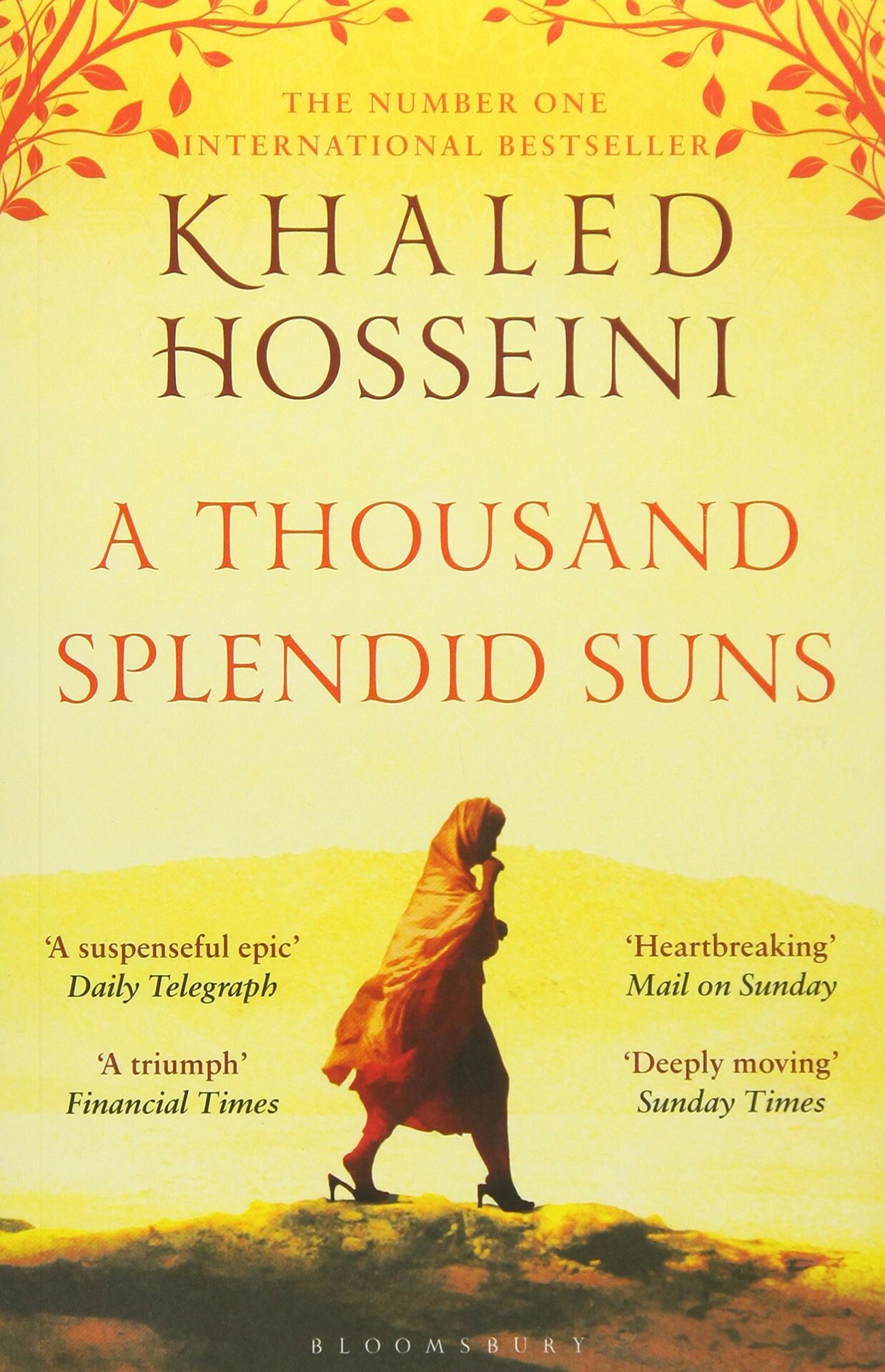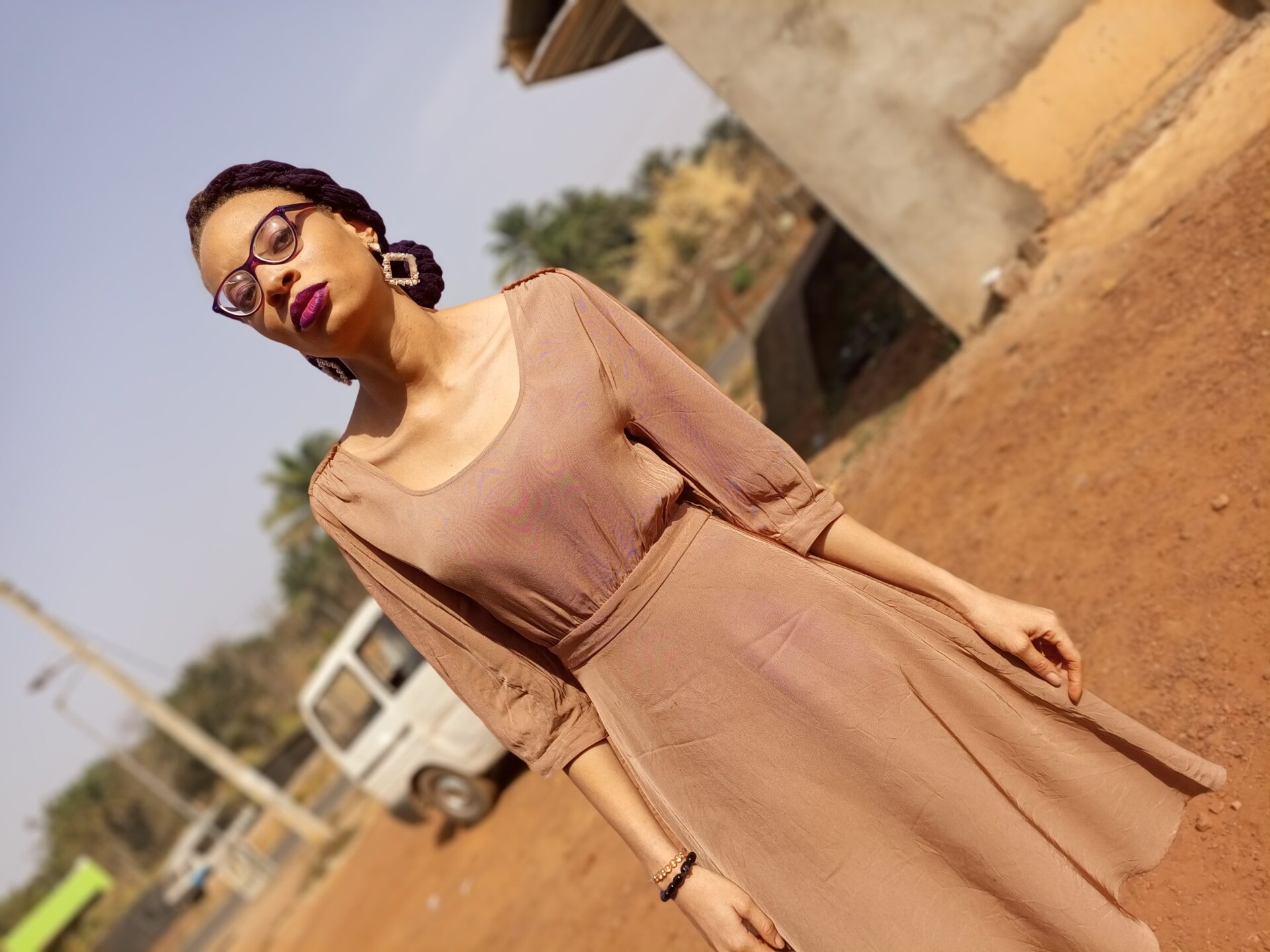
Top 30 Cartoon Characters That Were Villains
Our list rounds up the top 30 cartoon characters that were villains, each one more wonderfully wicked than the last.
khaledhosseini
The author serves the whole book in bite-sized morsels, allowing you to digest each moment without feeling overwhelmed.

One fateful afternoon, bored and absolutely tired of my reading funk, I reached out to the Tyrant Overlord.
“Need a feel-good, easy book,” I said
“What do you mean by feel good easy?” he asked
“Uncomplicated but intriguing,” I replied
This conversation introduced me to A Thousand Splendid Suns by Khalid Hosseini.
With blind trust in my friend, who usually has the best recs, and in Khalid, whose other book, the Kite Runner, I had also read, I plunged. Without even reading the synopsis.
…and I loved it.
The book follows two ladies born a generation apart- first Mariam and then Laila on their journeys from childhood to adulthood. Both born before the beginning of the unrest that has plagued Afghanistan for at least 30 years, we are granted a unique glimpse of how things were before all the unrest. Through their eyes, we see the war from the standpoint of the innocent civilian bystander- people who cared neither about the war nor its ideals, people who just wanted to go about their business, love who they loved, and be happy… or at the very least, be alive.
My absolute favorite thing about this book is the author’s style of writing. It is intricate, vivid, and descriptive but stays in the moment. If something is happening, then that’s where the focus is. The author serves the whole book in bite-sized morsels, allowing you to digest each moment without feeling overwhelmed. So though a lot happens in the book (and I mean a lot), you aren’t confused, bored, tired, or uninterested, this style makes it a perfect book for anyone looking to overcome reader’s block (and writer’s block too)
This is the kind of novel that emerges when an author lets the characters tell their tale. I kept waiting for the author to take the easy way out. You’ve already taken everything they have to give and so much more, I thought, they deserve a break, don’t they? But he didn’t. On and on comes one heartbreak after the other. Because it was not his place, it isn’t his story.
It’s a book about war, but it doesn’t become obsessed with it. Nothing detracts from the narrative, not the politics or a bid to justify.
My friend, JD Juang, who buddy read this with me, had this to say
“…more than all the politics I have always known, I saw Afghanistan in a new way, and I met real men, women, and children. People with flesh and blood trying to survive the politics, and the shelling, and the birds of fire. In a glimpse, while I race through the pages of this book, I saw pain and sorrow and humanity falling…”
You can find the rest of his review here.
As I read, shivers run through my body. Their pain, their anger, their drama, the little joys, the disgust, their unabashed, unbridled happiness, their grim determination, and agony all became mine. I went through a myriad of emotions with them. I’ve laughed, been angry, shocked, aghast, delighted; I’ve felt vindicated, vindictive too. I was grateful for the scraps of kindness thrown their way and groaned at the unfairness of it all. I yelled, gasped in horror, flinched, pumped my fist in fierce victory, yet waited with bated breath for the other shoe to drop.
And finally, a soft whispered Jesus …because that other shoe drops in the end, and it drops hard. This, I say to myself, this is what it means to write. This is why we write.
Although the novel is far from flawless, leave your bias behind as you read. I know religious and political skeptics will try to find fault in one way or another, and so will the ultra feminists too (even if I haven’t seen a male author express feminine feelings so effectively). However, I do hope that we can see this for the gift that it is.
In the end, the book comes full circle and, like a centrifuge, picks you up, spins you round and round and fast too. But it slows and sets you back on your feet; maybe not where you started, but safe, distilled. Better for the experience.
All the author asks in return is that you be open to just a little beyond you. That’s not such a bad deal, is it?

Peace is an avid book lover whose biggest selling point is her desire to share everything good she finds with everyone she loves. She writes both fiction and non-fiction professionally, but truly finds fulfilment when she is free to let her imagination fly. She loves learning new things, listening to good music, eating good food, reading all the good books, watching good movies, and sleeping. She lives every day knowing that there is an amazing new thing to discover!

Our list rounds up the top 30 cartoon characters that were villains, each one more wonderfully wicked than the last.

DC is great at making comics and animated movies, while the MCU has the upper hand in its cinematic aspects

Discover the best apps to read books for free in 2025. Access thousands of free e-books and audiobooks on your phone or tablet. ...

There are some outright funny cartoon characters who exist solely to crack you up, loud, hard, and with zero apology.

Things Fall Apart is for the colonizers as well as the colonized, helping to understand the role of colonialism in the realization...

While many of the Nollywood movies on our list are quite old, it’s a testament to the capabilities of the industry’s p...

While this isn’t an exhaustive list, it comprises some of the most popular mythical creatures from around the world.